ARA NET-ZERO MASTERCLASS SERIES
ARA NET-ZERO MASTERCLASS SERIES
Module 5: Responsible Sourcing
While they are often out of direct control, supply chain emissions are generally the largest contributor of emissions for the retail industry and critical to collectively reaching net zero. Address supply chain emissions through product design, sourcing considerations and supplier engagement.
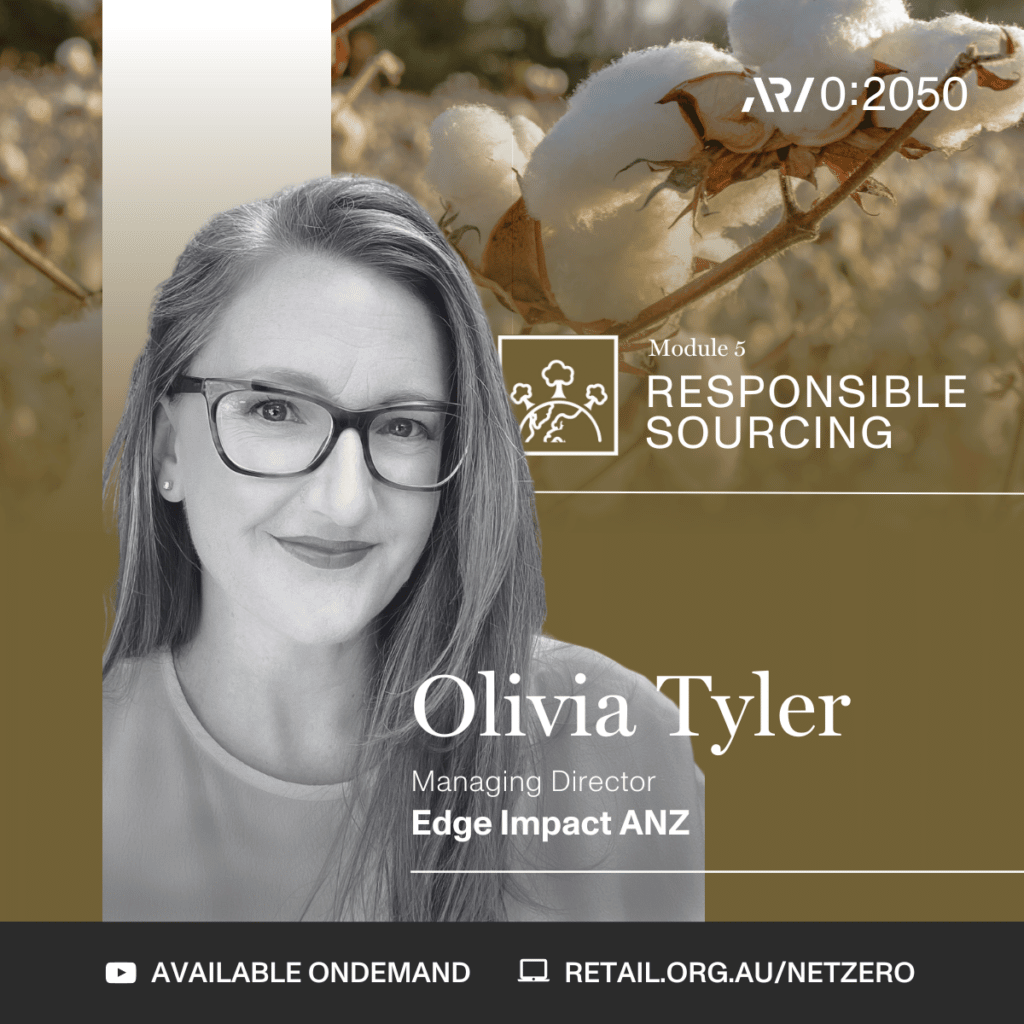
Industry Expert
Olivia Tyler
Managing Director
Edge Impact Australia & New Zealand
Olivia is the Managing Director, Australia and New Zealand for Edge Impact, a full-service global impact consultancy with operations throughout Australia, New Zealand, Chile and the USA.
She joined Edge in September 2021 after a 20+ year career in-house, where she held a range of corporate responsibility, sustainability and risk positions at the Westpac Group, Woolworths, Treasury Wine Estates, Foster’s Group, Goodman Fielder and the Beverage Industry Environment Council.
Her expertise is diverse and reflective of the many lenses of sustainability ranging from sustainability strategy development, executive engagement, and internal and external communications; to social sustainability matters particularly responsible and ethical sourcing, indigenous business engagement and supplier inclusion and diversity; through to ESG risk and governance, anti-bribery and corruption and the human rights impacts of financial crime.
She is a recipient of the Chief Executive Women’s 2022 Sustainability Scholarship, a TED Speaker, has degrees in Marine Science and Environmental Engineering, an MBA from the Melbourne Business School and is a Graduate of the Australian Institute of Company Directors, the Said Business School’s Oxford Artificial Intelligence and Oxford Impact Measurement Programme’s.
To fully transition to a sustainable society, commitments and targets are no longer enough. The warning signs have become frequent emergencies and disasters. Record temperatures, devastated communities, fires, floods and food shortages.
The message is clear: it’s time to step it up and deliver, today.
But we don’t see failure. We see opportunity. At Edge Impact, we’re working towards a world where unsustainable is unthinkable. We welcome the motivated leaders, organisations and industries who are looking to deliver positive global impact.
To make it happen, we combine science, strategy and storytelling. Ensuring everything we do helps our clients impact people and the planet positively. Because what matters most is the outcome.

Member Expert
Jaana Quaintance-James
Chief Sustainability Officer
Global Fashion Group, THE ICONIC
Jaana Quaintance-James is Chief Sustainability Officer of Global Fashion Group, which operates in 17 countries globally via e-commerce retailers THE ICONIC, Lamoda, Dafiti and Zalora. A member of the global executive team Jaana is responsible for integrating sustainability into all elements of the business’ operations and supply chain through the business’ People & Planet Positive strategy. Drawing on 17 years’ experience in multi-category retail, prior to being promoted to GFG, Jaana led THE ICONIC’s sustainability agenda and was responsible for delivery of THE ICONIC Considered, a ground-breaking way for customers to shop by their sustainability values, and prior to that, led ethical sourcing at David Jones.
In her role she draws on developing and implementing change programs that deliver social and environmental objectives. She has strong expertise in internal and external stakeholder engagement and a comprehensive knowledge of both the issues on the ground and how to drive forward long-lasting change.
Jaana has a Master of Arts in Organisations and Social Change from the City University of London specialising in Corporate Social Responsibility and a Bachelor of Arts in International Relations & Social Policy from Victoria University of Wellington, New Zealand.
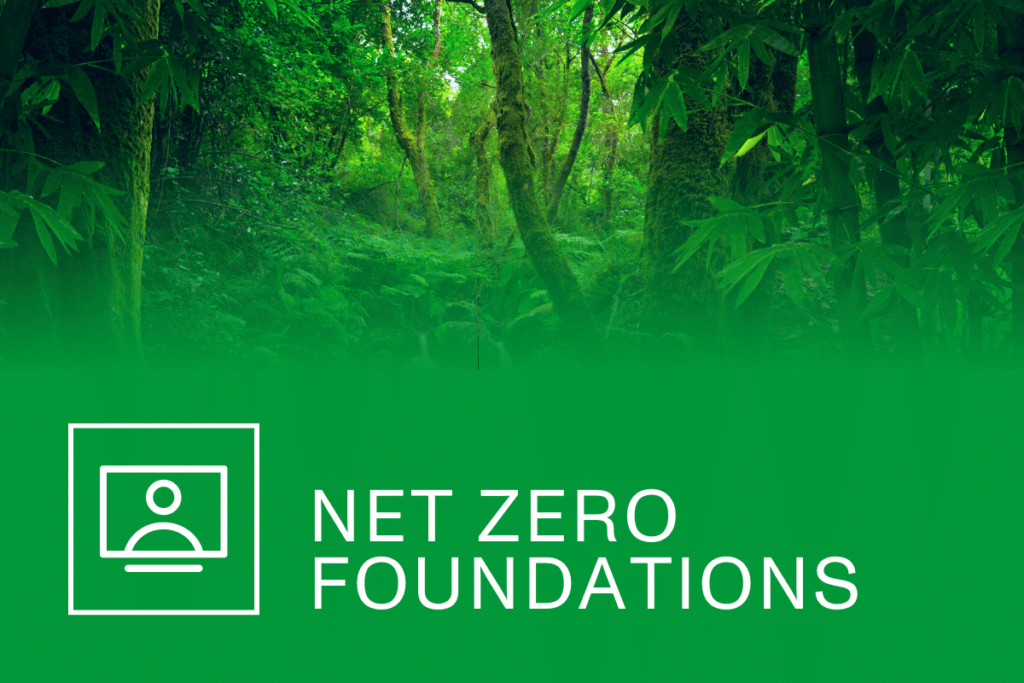
Module 1
Net Zero Foundations
The transition to net zero is going to impact every industry and country. Before we get into the details of ‘how’, we’ll review the ‘why’ – the current science and global political commitments and what that means at a strategic level within your business.
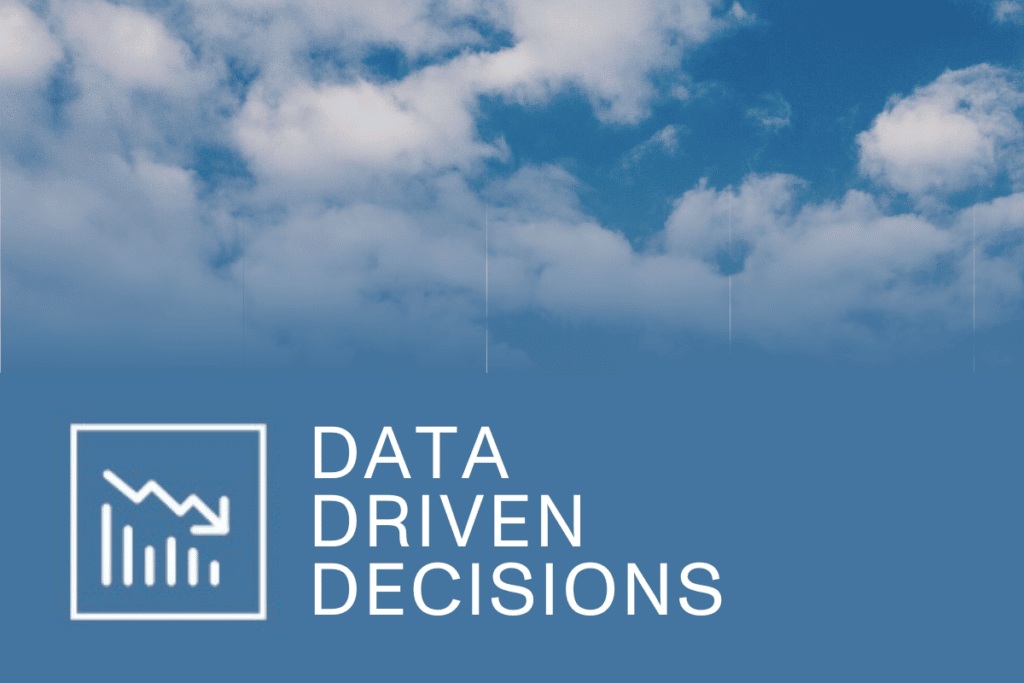
Module 2
Data Driven Decisions
Understanding your emissions is the first step to reducing your footprint. Once a baseline is established, focusing on the biggest contributors, the level of ambition to reduce emissions will inform the short and long term targets for emissions reduction.
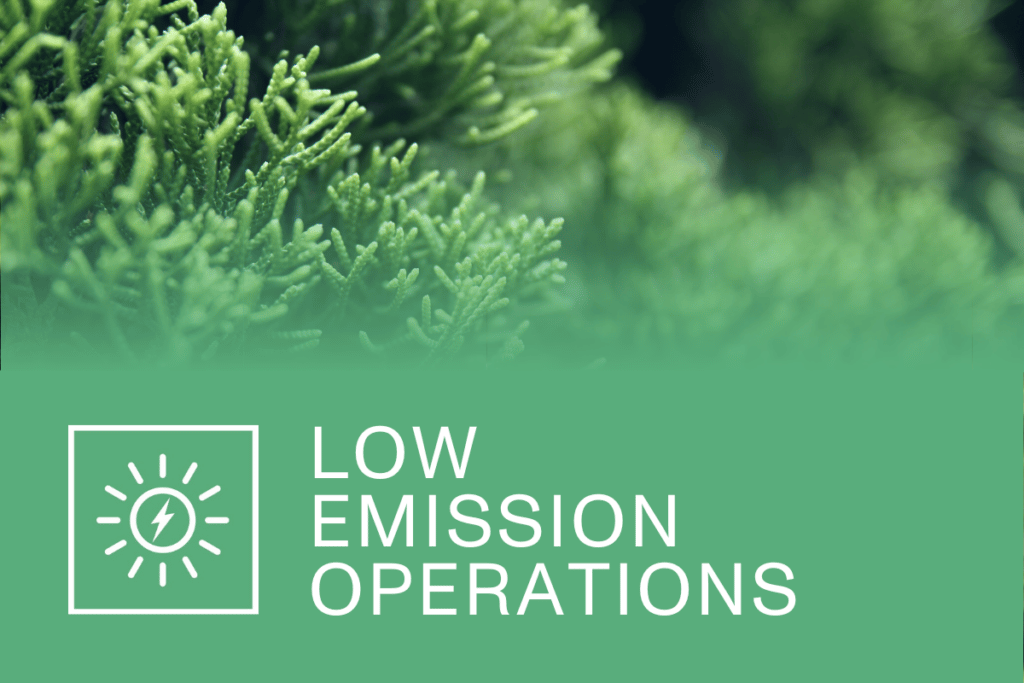
Module 3
Low Emissions Operations
A key emissions reduction focus for retailers is energy use in their operational premises, including using it more efficiently, switching to low carbon energy sources and buying offsets.
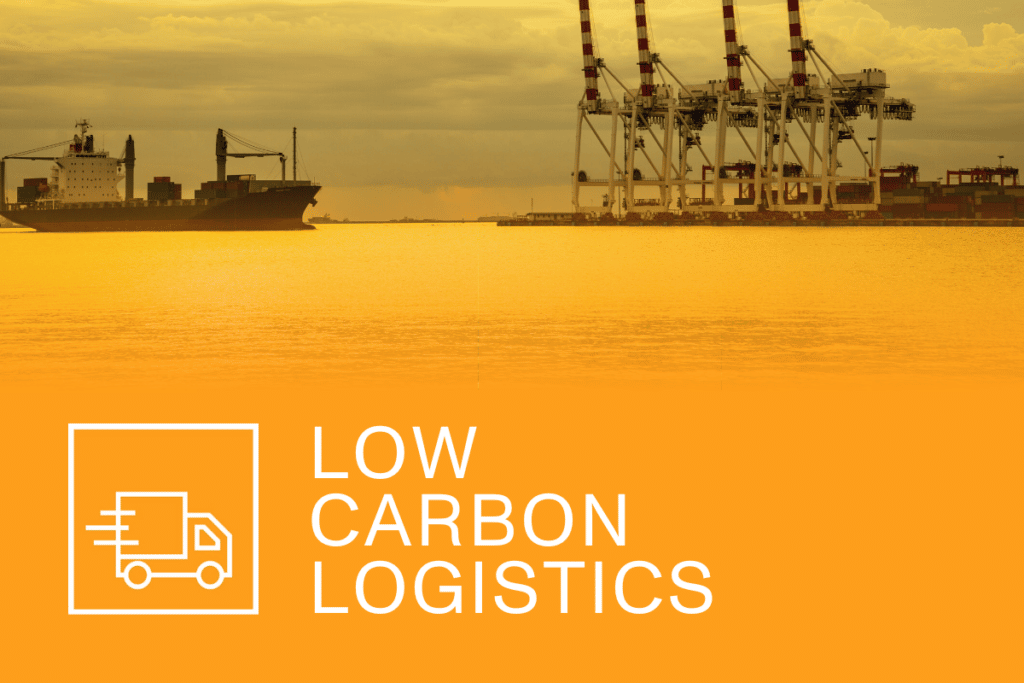
Module 4
Low Carbon Logistics
Transport and freight are another major contributor to most retailers’ footprint. There are a number of strategies to improve vehicle efficiency and switch to low-carbon technologies, both within owned fleet and third party providers.
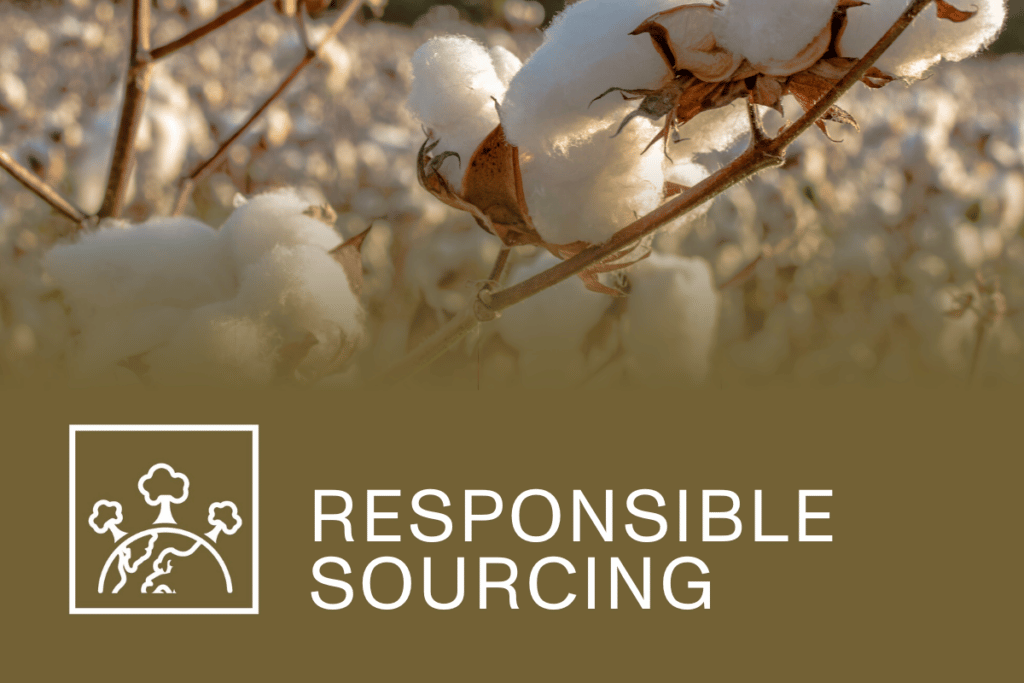
Module 5
Responsible Sourcing
While they are often out of direct control, supply chain emissions are generally the largest contributor of emissions for the retail industry and critical to collectively reaching net zero. Address supply chain emissions through product design, sourcing considerations and supplier engagement.
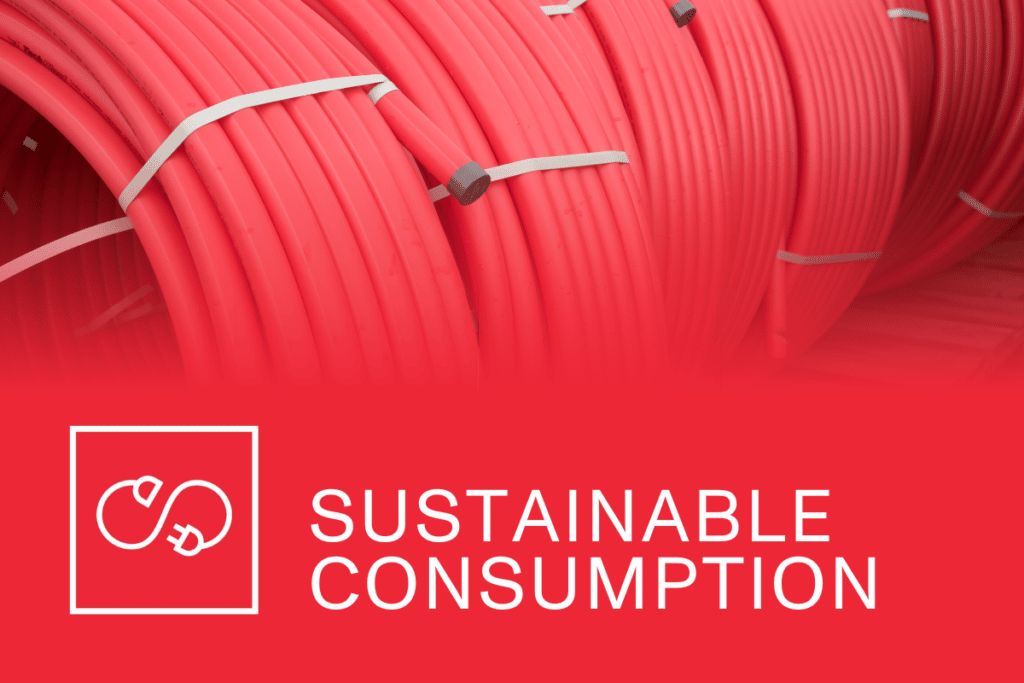
Module 6
Sustainable Consumption
An effective communications strategy provides an important avenue to convey your sustainability commitments, galvanise action and provide tools for change, both internally and externally.




















